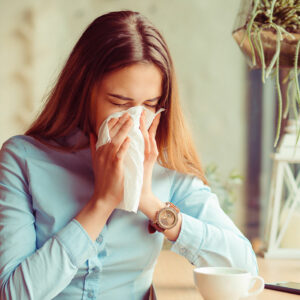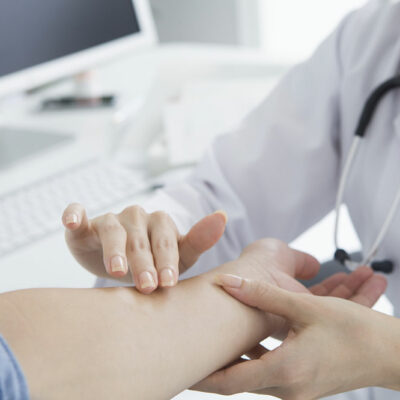Avoid these 6 camping pitfalls for a successful trip

Camping offers an escape into the mesmerizing outdoors. But it won’t do to pick a random day and leave with minimal belongings. A camping trip requires meticulous planning to ensure a seamless and enjoyable experience, and if you’re not careful, basic mistakes can easily disrupt your plans. From neglecting to plan to overlooking safety measures, here are some camping mistakes to be aware of to help prevent potential frustrations and setbacks during the trip.
6 things not to do when going camping
Overpacking
While it’s important to be prepared, overpacking can be a burden during a camping trip. Only bring essential items, such as a tent, sleeping bags, cooking equipment, and appropriate clothing. Be mindful of weight and space limitations, especially if you are backpacking.
Bringing unfamiliar equipment
Bringing equipment that you are unfamiliar with can be a recipe for frustration and wasted time. It’s best to take the time to get familiarized with your camping gear before heading out on the trip so you know what to do once you arrive. New campers can also practice setting up the tent, use their cooking equipment, and understand any other tools or gadgets they plan on bringing.
Setting up camp in unsuitable locations
Choosing the right campsite is crucial for a comfortable and safe camping experience. Avoid setting up camp too close to water sources, which can lead to bug problems or flooding during heavy rain. Choosing the lowest spot in the campsite or uneven ground can also make the camping experience uncomfortable, interfere with sleep, and even pose a safety hazard. It’s important to select a level and elevated area for setting up one’s campsite.
Not respecting quiet hours
Playing loud music or being inconsiderate to your camping neighbors can quickly sour the atmosphere and disrupt the peaceful ambiance of the campsite. It’s important to respect the designated quiet hours and be mindful of the volume of your activities. Remember that camping is a communal experience, and everyone deserves to enjoy the tranquility of the outdoors.
Overlooking safety measures
Safety should always be a top priority while camping. Avoid taking unnecessary risks, such as venturing off trails without proper navigation tools, swimming in unfamiliar waters, or ignoring weather warnings. You also need to be prepared for emergencies by carrying a well-stocked first aid kit and informing someone of your camping plans.
Failing to clean up properly
Leaving a campsite in pristine condition ensures that others can enjoy it as much as you did. Campers need to pack up all trash, not disturb wildlife or plants, stay on designated trails to prevent erosion, extinguish fires completely, and refrain from leaving any traces behind.










